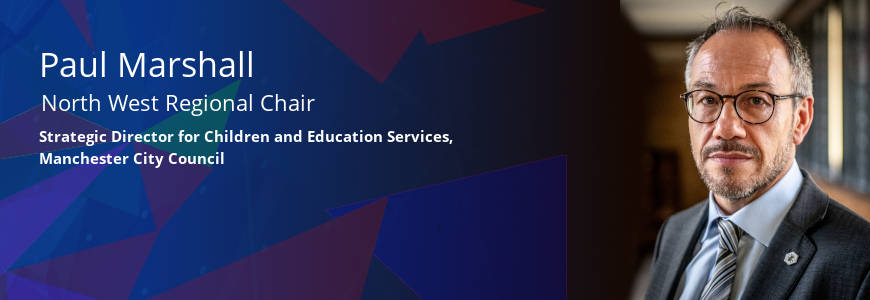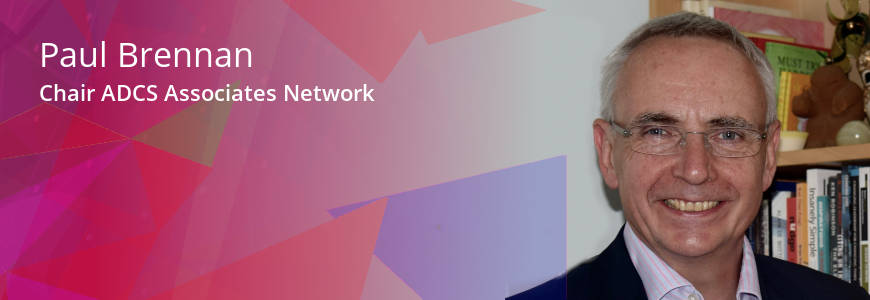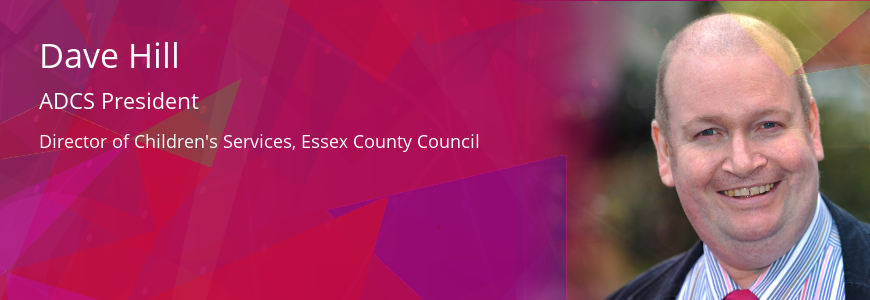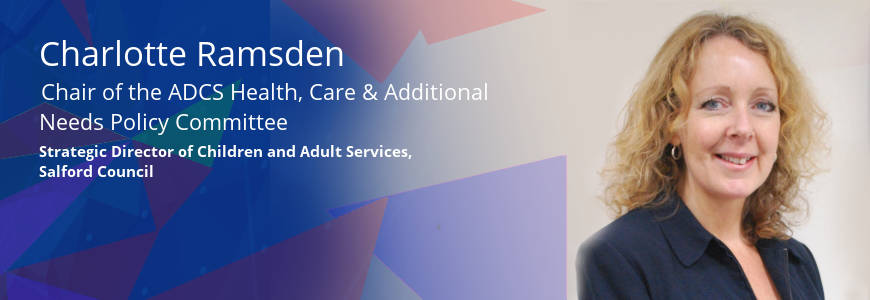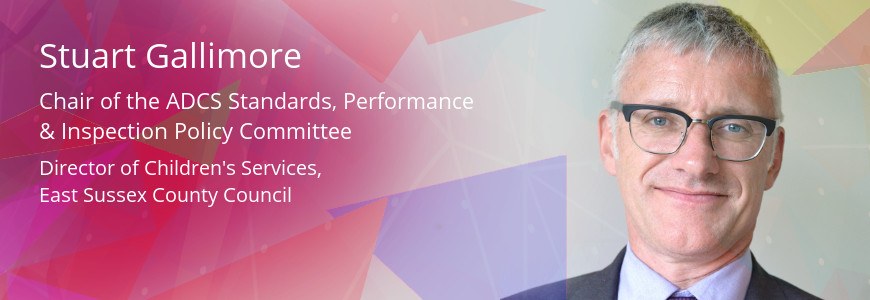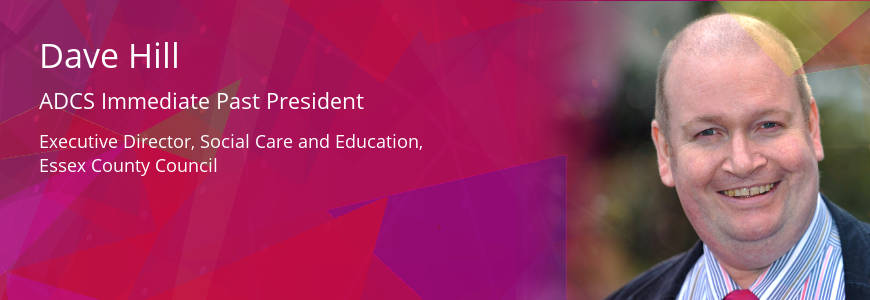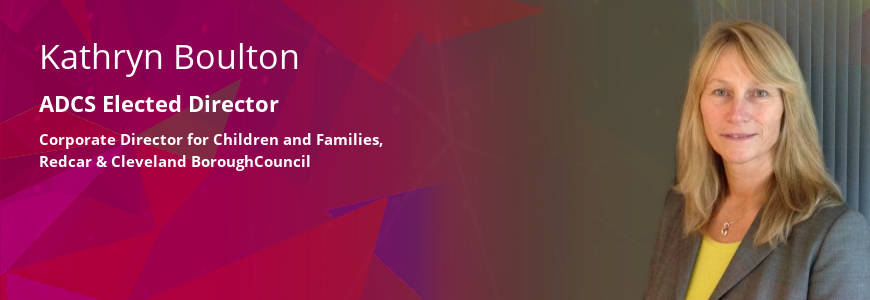Our shared focus
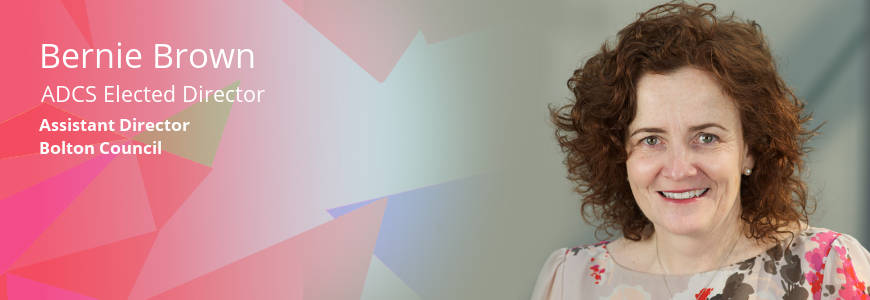
It just so happens that the week I was due to write the ADCS blog coincided with a number of connecting factors; of most personal significance for me is a change of employer. This is always an opportunity to reflect on past successes and, perhaps more importantly, to think about what I might do differently in the future.
The same week saw the publication of the Expert Working Group’s report, Improving Mental Health Support for Our Children and Young People, Alan Wood announced as the Chair of the Residential Care Leadership Board and a meeting of the Advisory Group for the National Fostering Stocktake; which I am directly involved with. The Advisory Group is engaged in an important debate on permanence, in all its forms. All good work, all quite distinctly separate.
So I was wondering if it was just me that is struck, when reading reports or announcements on improvement work in the sector or the latest proposals on what needs to change, by the strong principles and commendable focus on delivering the best outcomes for our most vulnerable children alongside an apparent lack of connectedness – in a world that constantly talks of the importance of clear coherent strategic plans and leadership that allows social work to flourish and young people to reach their potential.
I am sure I am not the only Assistant Director who worries that practitioners and our teams will become increasingly swamped in their efforts to deliver the demands of the various initiatives and meet the expectations of inspection, rather than focusing on delivering effective local services that impact on the real outcomes for children, their family and their kin in the communities they live in. That is not to say the former aren’t important, they are. Inspection and new ways of working are an important part of the continuous improvement journey all local authorities are on.
I think locally and nationally we have to strive to develop policy and practice that has a sense of connectedness to the people we serve, and continuity with the broader national policy agenda. This requires dialogue across the sector, and its partners, and across government departments.
A road map is required to provide that clarity on what the offer for the most vulnerable should be and how that is to be delivered, in the context of our diminishing resources. A clear commitment to prevention, linking early years, school readiness, persistent absence to health outcomes and emotional wellbeing for young people is surely obvious. Clear alignment with the work of Public Health is also essential if any meaningful impact is to occur and an acceptance that our work is with children, and children live in families, of many shapes and sizes, who in turn, live in our communities. Communities create social capital, and this, if invested in, will contribute to self-sustainable and strong communities who play, learn, are healthy and safe and will thrive in the future.
Is it not time for us to urgently agree our shared focus and purpose for the collective endeavours of so many excellent programmes and reviews to guarantee that our efforts have meaning for children and families? And if it is measured by anyone, it is measured by their successes not ours.
Related Blog Articles
Although it has already been said many times and in many ways, I feel it is...
In General
This summer has been momentous, if for no other reason than the publication of...
In General
It’s great to have the responsibility for the first blog post of 2017. It...
In General
Throughout my Presidential year most of my best work has been done in the...
In General
As I sat among the panel at our annual young people’s question time a couple...
In General
I am sure that for many of you the highlight of any week is getting out of the...
In General
The President Alison Michalska has recently drawn attention to the parallels...
In General
If this pandemic has done one thing, it has allowed us the opportunity to...
In General
Like many of you, I was fortunate to join some of the sessions at the online...

